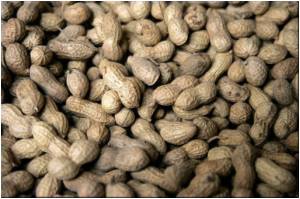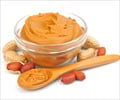One of the most common triggers of severe food-induced allergic reactions, which can be fatal, are peanuts and the prevalence of peanut allergy is increasing.

The two lead authors of the study, published in the January 2013 issue of the Journal of Allergy and Clinical Immunology, are David M. Fleischer, MD, of National Jewish Health in Denver, Colo., and Wesley Burks, MD, Curnen Distinguished Professor and Chair of the Department of Pediatrics in the University of North Carolina School of Medicine.
"These results are encouraging," Burks said. "The immune response was stronger than we thought it might be, and the side effects of this treatment were relatively small. However, the magnitude of the therapeutic effect was somewhat less than we had anticipated. That's an issue we plan to address in future studies."
In the study, 40 people with peanut allergy, ages 12 to 37 years, were randomized to receive daily peanut or placebo SLIT. All were given a baseline oral food challenge of up to 2 grams of peanut powder to test how much peanut powder they could consume without symptoms.
After 44 weeks, all were given a second oral food challenge. Those who were able to consume either 5 grams, or at least 10-fold more peanut powder than their baseline amount, were considered to be responders (i.e., desensitized to peanut). At 44 weeks, 70 percent of those who received peanut SLIT were responders, compared to 15 percent of those receiving placebo. Among the peanut-SLIT responders, the median amount of peanut powder they could successfully consume increased from 3.5 to 496 milligrams. After 68 weeks, that amount increased significantly, to 996 milligrams.
Of 10,855 peanut doses given through week 44 of the study, 63.1 percent were symptom-free. When oral/pharyngeal symptoms were excluded from the analysis, 95.2 percent of doses were symptom-free.
Advertisement
Source-Eurekalert













